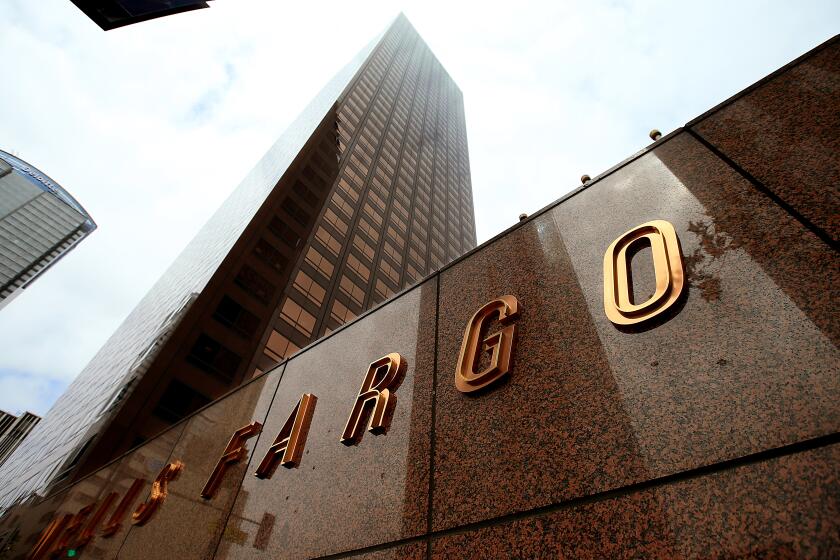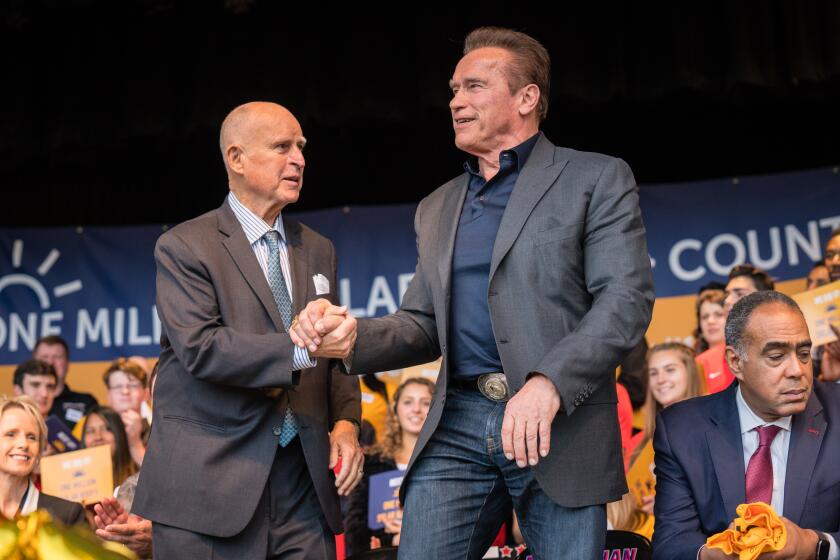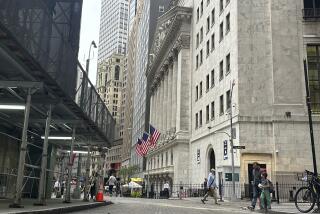Stocks end a turbulent week with biggest gains of the year

Wall Street ended a volatile week of trading Friday with a late-afternoon buying spree that gave the major stock indexes their biggest gains of the year and snapped a three-week losing streak.
The Standard & Poor’s 500 rose 2.4%, with nearly all of it coming in the last hour of trading. The Dow Jones industrial average added 1.7% and the Nasdaq jumped 3.1%.
The strong finish marked a reversal for the indexes, which had all been in the red earlier in the day. The Nasdaq managed the biggest about-face, recovering from a 0.9% deficit. Friday was only the latest in a string of sudden moves up and down this week.
Markets have been jittery as investors try to gauge how aggressively the Federal Reserve will move to ease its support for markets and the economy. There is probably going to be more volatility ahead as investors closely watch the effects of interest rate increases on the broader economy and the financial markets.
“I don’t think we’re out of the woods yet in terms of this kind of frenzied market behavior,” said Liz Ann Sonders, chief investment strategist at Charles Schwab.
A Dana Point couple got caught up in the Wells Fargo fake-account scandal. Years later, the bank still hadn’t remedied things.
The S&P 500 rose 105.34 points to 4,431.85. The index’s biggest gain since June 2020 came late in a week during which investors had been monitoring for what market watchers call a correction. That’s when an index sheds more than 10% of its value from a record high. The S&P 500 is now 7.6% below the latest record reached Jan. 3.
The Dow advanced 564.69 points to 34,725.47, and the Nasdaq rose 417.79 points to 13,770.57. The tech-heavy index got a boost as technology stocks rallied, led by Apple. The iPhone maker jumped 7% after reporting strong financial results. Microsoft rose 2.8%.
Bond yields edged lower. The yield on the 10-year Treasury fell to 1.78% from 1.81% late Thursday.
Investors expect the Fed to start raising interest rates in March and now anticipate five or more quarter-point hikes as the most likely path for the central bank this year. The sentiment follows the latest Fed statement and comments from Chair Jerome H. Powell that inflation is “slightly worse” than it was in December. The Fed also plans to phase out its bond purchases in March and is likely to start reducing the size of its balance sheet at some point, a move that has a similar effect as an increase in rates.
Powell has acknowledged that the high inflation that is squeezing businesses and consumers isn’t loosening its grip and that could force the Fed to act more aggressively in raising interest rates.
Anxiety over higher inflation and how the Fed’s response will affect stock prices has kept investors on edge.
California’s rooftop solar program leads the nation, but now has to evolve.
“That’s really where we’ve seen these volatility swings pick up over the course of the last couple of weeks,” said Bill Northey, senior investment director at U.S. Bank Wealth Management. “The market is attempting to diagnose and digest the amount of [Fed] policy adjustment that will be necessary based on an unknown set of factors.”
The latest round of corporate earnings reports has shown that companies are still feeling the pinch of supply chain problems, raw material costs and other pressures from inflation.
Oreo cookie maker Mondelez fell 1.6% after issuing its latest warning about inflation hurting operations in North America. Computer hard-drive maker Western Digital fell 7.3% after giving similarly disappointing updates on pressure from inflation.
Additional government reports also show that consumers are facing higher prices and that might be discouraging spending. A measure of prices that is closely tracked by the Fed rose 5.8% last year, the sharpest increase since 1982. The report from the Commerce Department also said that consumer spending fell 0.6% in December, with purchases of cars, electronics and clothes declining.
Inflation concerns and worries about the effect of rising interest rates converged this week with fears about a potential conflict between Ukraine and Russia that could raise energy prices. A conflict could also distract nations from focusing on the lingering COVID-19 pandemic, which continues to threaten economic growth.
More to Read
Inside the business of entertainment
The Wide Shot brings you news, analysis and insights on everything from streaming wars to production — and what it all means for the future.
You may occasionally receive promotional content from the Los Angeles Times.








